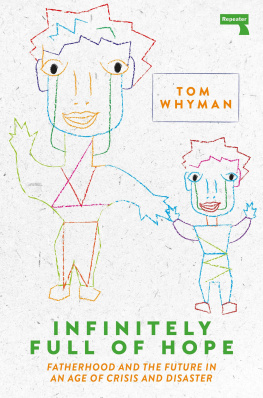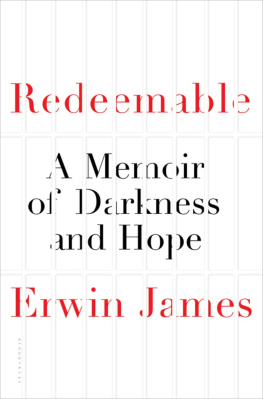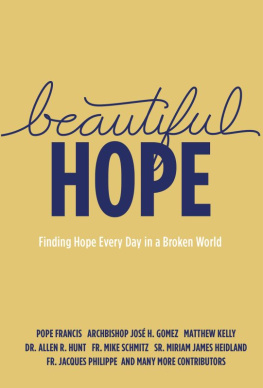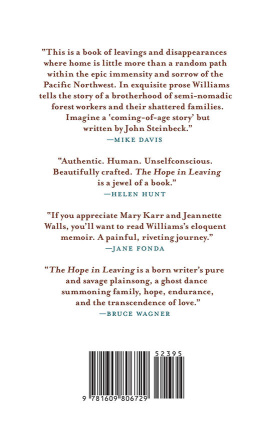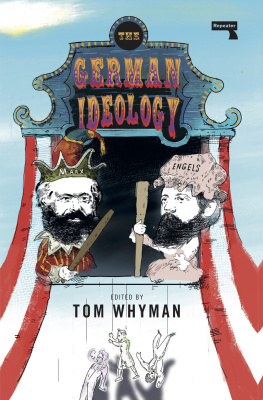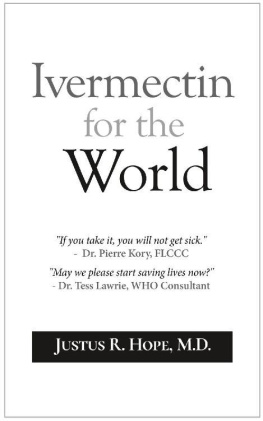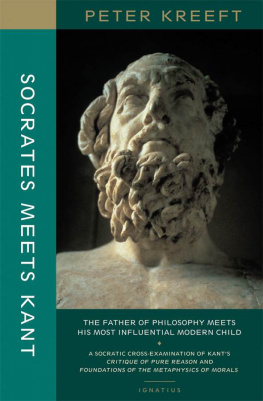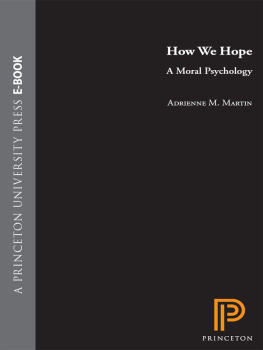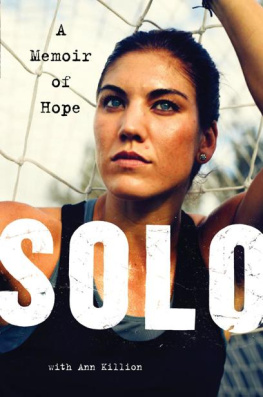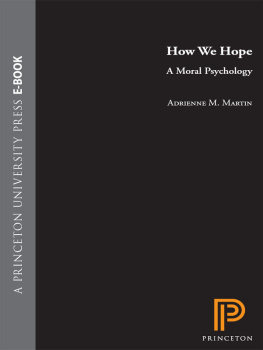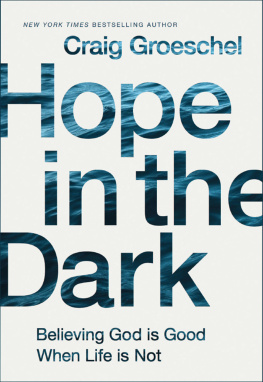


Published by Repeater Books
An imprint of Watkins Media Ltd
Unit 11 Shepperton House
89-93 Shepperton Road
London
N1 3DF
United Kingdom
www.repeaterbooks.com
A Repeater Books paperback original 2021
Distributed in the United States by Random House, Inc., New York.
Copyright Tom Whyman 2021
Tom Whyman asserts the moral right to be identified as the author of this work.
ISBN: 9781913462253
Ebook ISBN: 9781913462260
All rights reserved. No part of this publication may be reproduced, stored in a retrieval system, or transmitted, in any form or by any means, electronic, mechanical, photocopying, recording or otherwise, without the prior permission of the publishers.
This book is sold subject to the condition that it shall not, by way of trade or otherwise, be lent, re-sold, hired out or otherwise circulated without the publishers prior consent in any form of binding or cover other than that in which it is published and without a similar condition including this condition being imposed on the subsequent purchaser.
Printed and bound in the United Kingdom by TJ Books Limited

I want heirs, thus speaks everything that suffers, I want children, I do not want myself.
Nietzsche, Thus Spoke Zarathustra
CONTENTS
08/01/19
I saw you for the first time today, on an ultrasound screen streamed from your mams belly. Id seen ultrasounds before, obviously, but until now theyd all looked basically the same: the miracle of life reduced to a few abstract squiggles, a dull collection of grey blurs. Nothing, however, could prepare me for what it feels like when those blurs are yours .
Something about our upbringings had left your mam and I convinced that we werent really real people, that there was something about us that was less than legitimate that our thoughts, desires and biologies were not quite on the same level as the thoughts, desires and biologies of other people (the perfect combination, I think, of never having had a real job, bullying, and difficult puberty). I knew what she was worried about, because I was worried about it too: that they would try and do the scan and say that they were very sorry, but wed made a mistake, there wasnt really a baby there, wed just been imagining it the whole time.
But then I saw you , this weird collection of shapes and shadows wriggling around mammys womb bony and translucent, never sitting still long enough for the technician to get the measurements she needed an involuntary mischief, which nevertheless made me feel strangely proud. Its something the technician will see Im sure maybe eight, ten times a day. But to us, it felt like a miracle.
And as far as I was concerned: in those shapes on the screen those shapes on the screen that were you, you you you I saw manifested not only a certain sort of proof proof that I was definitely, despite what I had always feared, a real person, a living creature capable of producing, or at least fathering, life but also a certain demand . The weight, I guess, of what I had always known, although previously only abstractly, parenthood to be: that these shapes, who are you , would rely on me, more than anyone else along with their mother, to form them that is, you as a person: to help you be able to live a good life.
And so, at the exact moment when I could finally really say I was myself, I was also taken completely beyond myself. I dont really matter anymore. You , a quivering tadpole, only thirteen weeks past conception spunk and egg that could well have been lost forever, at one point, without even so much as a thought you are what matters.
And so, I responded by doing what, I suppose, anyone in this situation might do: I started laughing hysterically, and then when I left the hospital I had a beer, looked at the print-off that theyd given us, and started crying.

You are, quite possibly, the most important person I will ever meet. You will completely transform every aspect of my life, my world, my orientation towards everything I experience.
And here is my first image of you: there you are. The overwhelming proof, of the overwhelming fact of my child.
You are the best thing I have ever seen. And I am so happy. Probably I have never been so happy before in my life.
But then Ive never really been the sort of person, have I, to just sort of accept my happiness at face value.
Your existence, as Ive said, demands something of me: it calls on me, to help you live a good life.
And so, seeing you as I did today thus poses me I know it must sound a bit silly to express it this way, given the circumstances, but these are the only words I can find a particular philosophical problem.
Because is such a good life really even possible: for you, for any child born today for anyone who might one day be alive in this world at all?
And if its not what then?
Preface
Early 2020
It was in response to this problem, that I decided to write this book.
This book is a work of philosophy it is grappling, as Ive said, with a particular philosophical problem, and it will invoke often in detail and at length the ideas of philosophers such as Immanuel Kant, Theodor Adorno, Herbert Marcuse, Walter Benjamin, Elizabeth Anscombe. and Mark Fisher. It will also provide a philosophical gloss on the work of literary writers such as Kafka and Jean Rhys.
But this is not a work of academic philosophy the sort of thing that might appear in a paywalled, peer-reviewed academic journal. This book does not assume the affectedly disinterested, falsely universalistic standpoint of academic philosophy rather, the ideas it discusses are transparently situated in my own, first-person perspective: that of a man in his early thirties who, at the time of writing, was facing the reality of becoming a father.
I dont believe this books style to be in any way in tension with its philosophical purpose quite the opposite, in fact. But it does mean that the book doesnt always fit neatly into what most people might think of as philosophy. It is also a memoir like other semi-autobiographical philosophical and intellectual works I have been inspired by: Adornos Minima Moralia , Gillian Roses Loves Work , Bruce Chatwins The Songlines, VALIS by Philip K. Dick. Works which communicate, in the most direct way possible, that the life of the mind is inseparable from life as lived.
This book tells the story of when my partner Edie and I, and our child, became a family. So of course, it is dedicated to them. I hope this text is in some way an adequate expression of the love I have for both of you.
Introduction: What Can I Hope For?
In the Critique of Pure Reason , Immanuel Kant tells us that: all the interests of my reason, theoretical as well as practical, combine in just three questions: What can I know?, What ought I do?, and What can I hope for?. In these three questions, Kant delineates the whole scope of philosophical thought.
In philosophy departments, there is a disproportionate focus on the first two questions I dont just mean in teaching and research about Kant, but in teaching and research across the discipline in general. In the introduction to his almost comically vast, three-volume philosophical study-cum-encyclopaedia of utopian thinking The Principle of Hope , Ernst Bloch tells us a little story about Marcus Terentius Varro, who in his first attempt at a Latin grammar is said to have forgotten the future tense. Philosophically, Bloch remarks, this tense has still not been adequately considered to this day. There is a philosophical literature on hope, but hopes prominence in philosophy pales in comparison to its importance for human life. Academic philosophers are much more likely to spend their time contemplating the contemporary equivalent of how many angels can be fit on the head of a pin: useless nonsense like the question of whether or not there really are tables, or if there only exist particles arranged table-wise. Socrates famously held that philosophy begins in wonder, but most contemporary philosophy begins in pedantry: in wanting to be able to prove that one is factually or ethically correct, in the know, or in the right. But this, if Im honest, has always struck me as a bit of a strange desire to have: when the world is so baffling; where there is so much we cant know and so many things that can go wrong. In the wake of the Trump and Brexit votes, there was much broadsheet handwringing about post-truth politics and fake news a suspicion that these historically unanticipated results were somehow the product of an infantile publics being fooled by reports from an ersatz reality, perhaps manufactured by Vladimir Putin. But amid this, what the partisans of truth quite failed to realise was that if reality as it presently exists appears to have nothing to offer you, then you may as well attempt to live in an alternative one: if you really have nothing to hope for, then by rejecting reality youd have nothing to lose.
Next page
